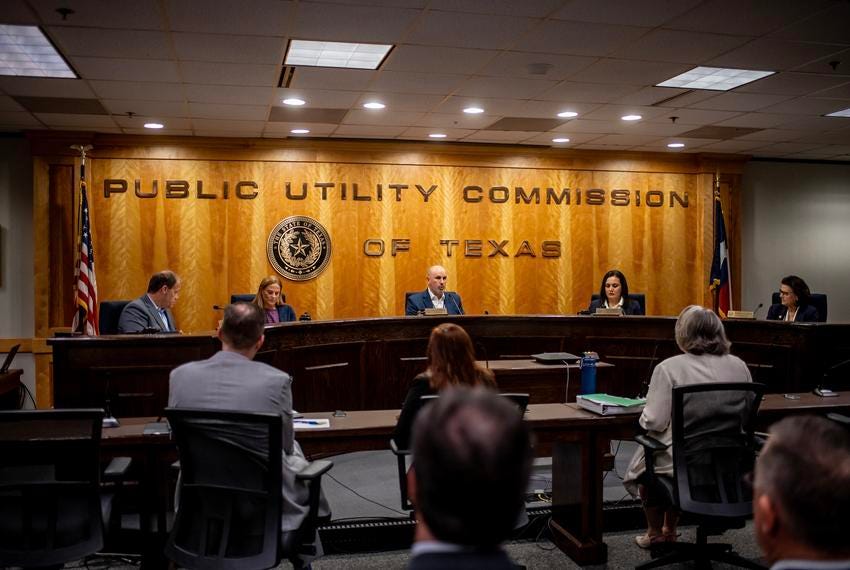Texas Regulators Shelve an Electricity Market Reform Proposal
The Public Utility Commission found that the performance credit mechanism, a financial tool the Legislature capped at $1 billion, would only marginally improve reliability of the state power grid.

The Public Utility Commission on Thursday shelved the perfor…




